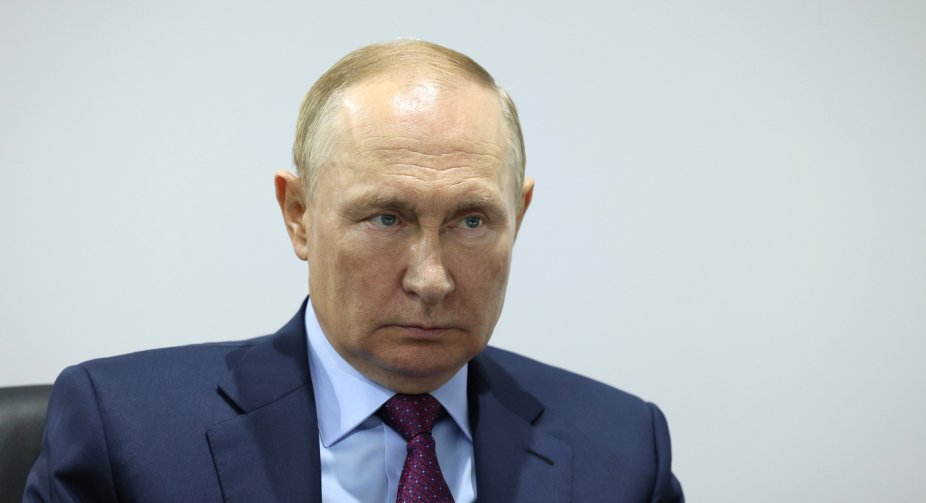At a meeting with big business, Russian President Vladimir Putin convinced that "Russia is better" and that "Europe has punished itself with anti-Russian sanctions."
Putin stated this at the congress of the Russian Union of Industrialists and Entrepreneurs (RSPP), writes The Bell.
Thus, the Russian dictator claims that "huge opportunities for almost any business" are opening up in the Russian Federation.
"Those who stayed here and really work turned out to be smarter, more energetic, more efficient than those who left and give advice to our detractors," Putin said.
"I have often heard that it is more reliable there (in the West). And now? We all have to understand that here is the basis of our existence," the president of the Russian Federation asserts.
He also claims that inflation in March will be below 4% in annual terms, "that is, lower than in Europe."
"This figure in an annual comparison is the minimum due to the jump in prices after the start of hostilities: inflation will soon increase," the publication explains.
"We were predicted a decline in the consumer sector, but Western countries themselves faced the same problems at full height. Their leaders suggest that their residents switch to turnips instead of lettuce and tomatoes. Turnips are a good product, but they will have to turn to us for them too," - tried to convince business that Putin is "better" in the Russian Federation.
At the same time, the dictator did not mention the one-time business tax to finance the war.
Before the speech of the Russian president, Finance Minister Anton Siluanov did this: the state wants to collect 300 billion rubles, and "business proposals to increase the amount will be welcomed."
As The Bell adds, the co-owner of "Alfa Group" Herman Khan came to the congress of the RSPP. Khan was among the four shareholders of "Alfa" from whom Leonid Volkov of FBK and other representatives of the opposition proposed to remove the sanctions.
This is Putin's second meeting with big business since the start of the war. The previous one was convened on the very first day of the invasion, February 24. After that, the vast majority of its participants found themselves under US and EU sanctions. EU officials called the very participation in that meeting a criterion for getting on the sanctions lists.
Among the other participants are the owners of "Severstal" Oleksiy Mordashov, "Nornickel" Volodymyr Potanin, MMK Viktor Rashnikov, "Russneft" Mykhailo Gutseriev, "Renovy" Viktor Vekselberg, "Rusala" Oleg Deripaska, as well as the ex-owner of "Eurochim" and SUEK Andriy Melnychenko.
We will remind that in January the federal budget of the Russian Federation was implemented with a deficit of 1.76 trillion rubles (about 25 billion dollars), while oil and gas revenues amounted to 426 billion rubles (more than 6 billion dollars), having decreased by 46% by January 2022.
Russian oligarch Oleg Deripaska said that as a result of the current economic policy in Russia "there will be no money" already in 2024.
